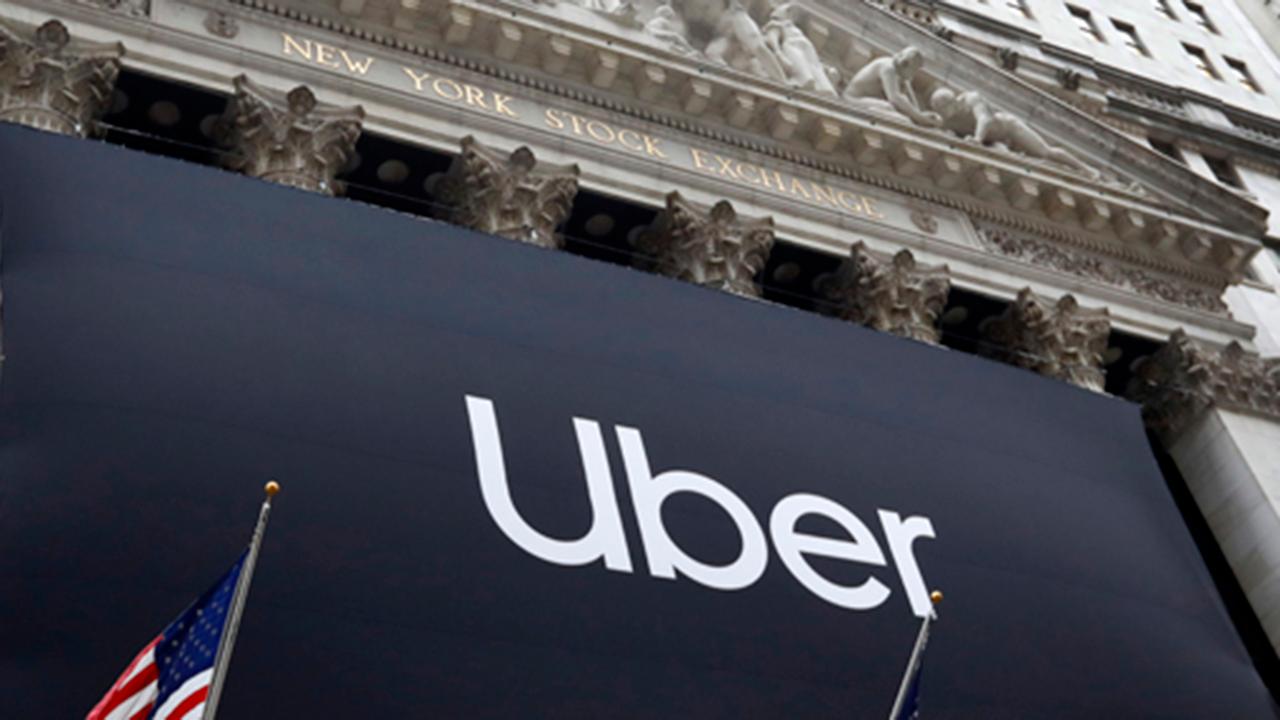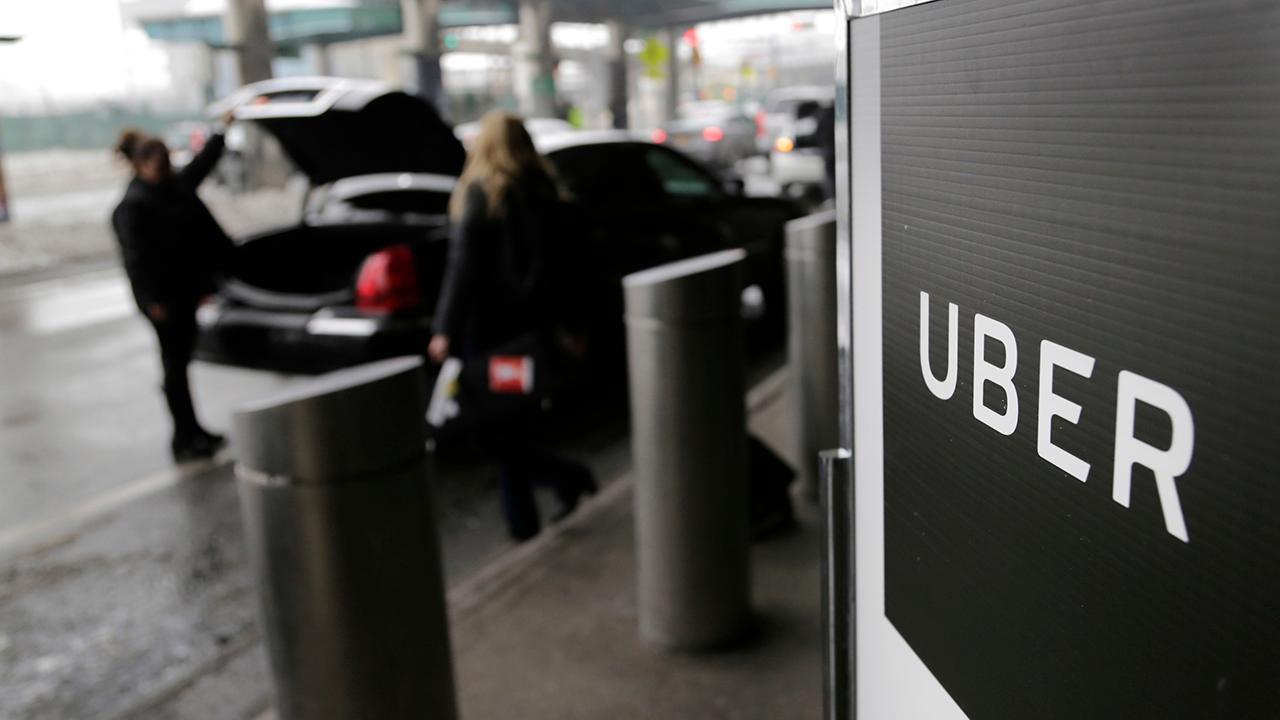Patrice Onwuka: New Jersey's attack on the gig economy is also an attack on workers looking to make ends meet
Another strategy by revenue-hungry lawmakers and bitter labor unions to strangle innovation
New Jersey opened a new front in the war against the gig economy. The state last week slapped Uber with a $650 million tax bill for failing to pay employment taxes and fees for their drivers, which it claims are employees not independent contractors.
This is another strategy by revenue-hungry lawmakers and bitter labor unions to strangle innovation -- and one that will hurt gig economy workers who rely on the flexible opportunities that the untraditional industry offers.
GET FOX BUSINESS ON THE GO BY CLICKING HERE
States that once embraced innovation and the opportunities they deliver to their workforce are now turning on the gig economy because of how it operates.
Gig economy companies are operating new business models that function outside of the traditional worker-employee relationship. This gives workers the chance to control how and when they work, while relieving companies of the burdens of having to comply with the challenges of having full-time employees.
Lawmakers argue that gig workers are not contractors but are the equivalent of traditional employees and therefore their employers should be subject to the same taxes and employment regulations.
New Jersey isn’t the first to try to crack down on gig-economy companies. California recently passed legislation set to go into effect on January 1 that reclassifies gig workers as employees of the platforms they use and subject to labor laws such as minimum wage, unemployment insurance and other benefits. States like New York, Oregon and Washington are exploring similar legislation.
Labor unions are behind this effort to challenge gig economy companies. Taxicab unions have watched ride-hailing competitors erode their dominance of the transportation industry. The taxi cab medallion market in New York City, for example, once commanded a million dollars for the right to drive a cab, but has since collapsed leaving taxicab drivers trapped in underwater loans. Now they want payback.
It’s understandable that traditional companies would be frustrated by their less encumbered and innovative competitors. But the answer isn’t to destroy innovation. It’s to reduce the burdens associated with having full-time employees so that all companies have the opportunity to offer workers a variety of work arrangements.
Caught in the crossfire are regular workers and citizens who just want to earn a living or some extra income.
Independent contractors and side hustles have long been a staple of our labor market. The introduction of app-based technology platforms connecting customers to providers of goods and services has reduced barriers of entry making it easier for individuals to become freelancers.
CLICK HERE TO READ MORE ON FOX BUSINESS
Efforts to force these innovative work relationships into outdated employment models will reduce the availability of these flexible work opportunities and erode valuable income-generating opportunities.
It’s understandable that traditional companies would be frustrated by their less encumbered and innovative competitors. But the answer isn’t to destroy innovation. It’s to reduce the burdens associated with having full-time employees so that all companies have the opportunity to offer workers a variety of work arrangements.
CPA PAUL MILLER: TAX DEDUCTIONS THAT CAN LOWER YOUR 2019 TAX BILL — THERE’S STILL TIME
Attacking gig economy companies is really an attack on people who just want flexible work opportunities so that they can continue to be caregivers or to pursue their dreams. Instead of adopting opportunity-killing regulations, lawmakers should empower these workers to flourish economically by expanding flexibility and work.
Patrice Onwuka is a senior policy analyst for Independent Women’s Forum.





















